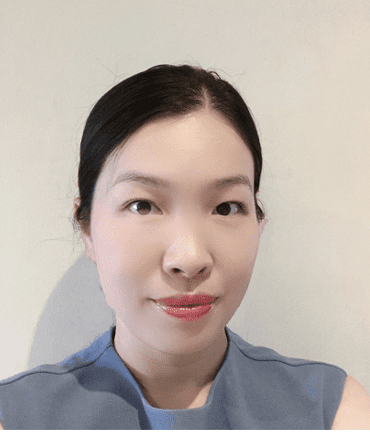
By Sally Guo
1st Year Management Intern
Before entering the Intern program I thought only information technology departments knew the processes and tools needed to successfully plan and execute a project. Furthermore, I thought most Project Managers would have learned the skills needed to successfully manage a project through formal education. Then I started this internship and was given a PM short lesson before I started my placement. At the time I thought, PM sounds very interesting, I like using excel to make Gantt charts, I like doing PowerPoint and advancing my presentation skills. When I was given a project to run, I was excited to do these cool things, at the same time very nervous knowing that what I learnt was only superficial and there would be a steep learning curve ahead of me.
At the beginning, I was completely lost. I spent a lot of time doing things that I thought might be helpful and searching on the internet for answers. As a result of this aimless labor, a large amount of my output turned out to be unnecessary. Months later, as I started knowing more people who had project management experiences I started asking them what methods worked and what didn’t work when they were doing similar jobs. I then started forming a plan for the project based on these advice. Much of the work I produced after seeking expert advice turned out to be critical to the project.
An important issue for me was that I was beginning to understand that, even working in a hospital environment clinically for 13 years, I did not know how management processes worked in the healthcare environment. My project requires organizational wide cooperation which requires expertise from almost all disciplines in health care. I was instructed by the project sponsor to write a Briefing Paper to the Executive Committee to seek endorsement to establish an Expert Advisory Group (EAG). My project is multidisciplinary work but not as I knew it. In the clinical settings, all I need to do is to call/page the obstetrician, pediatrician and social workers and we will discuss the issue together and make a plan. But in health management roles, there is a process and sometimes ideas will need to be endorsed before it can happen.
I always found that learning from the text books is far easier than applying the knowledge in practice. For example, I spent hours filling in a 20 page Project management plan template. I thought it was important, because “Dr. Google” said so. My project plan ended up attracting no interest for months. As a result of that, I cannot align my project team to the same objectives and the project was not moving forward at all. It resulted more than a month loss of productivity. Then I asked my supervisor why this is the case? His answer was simple: “It’s too long, they do not have time to read it”. I was also given an easy solution – a Project Brief a 5 page template, which then became an important piece of the work that made alignment possible.
I think overall, I have learnt:
- To seek advice from experienced project managers when you don’t know where to start or before starting something that you are uncertain if the work is necessary
- There is a process for Project Management, and equally important to know that there is a process in health service management when running a project in the hospital
- When you run into a difficult situation, ask for help and ask early.
